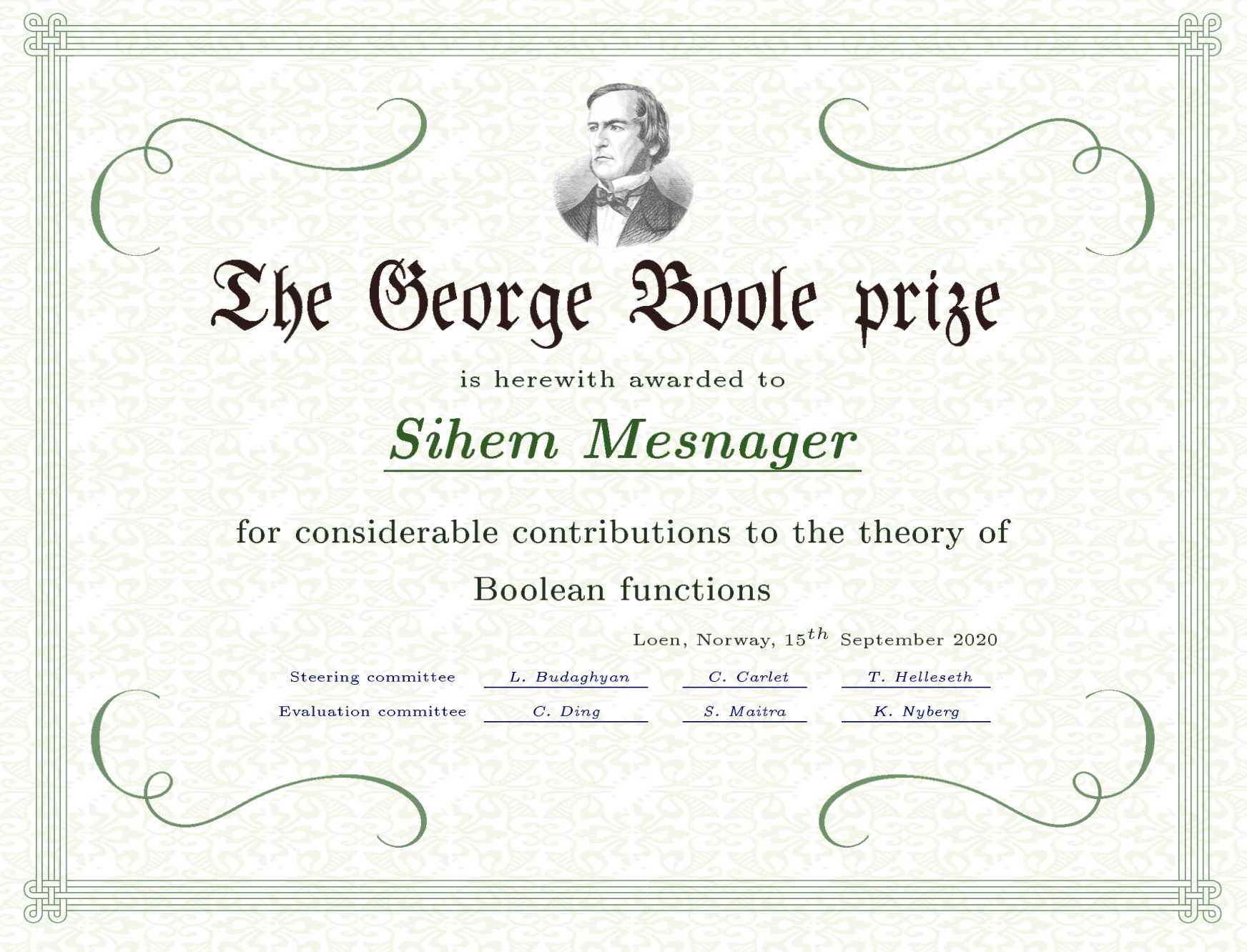
The Levchin prize honors major innovations in cryptography that have had a significant impact on the practice of cryptography and its use in real-world systems. The Belgian Prof. Vincent Rijmen received on Monday March 27th the 2023 Levchin prize for his many contributions to the field. He is known in the first place as designer of Rijndael, which was elected as the Advanced Encryption Standard (AES) in 2000. Nowadays, AES is used worldwide to secure the Internet, WiFi, communication via cell phones, smartcards, payments, etc. This is the reason why all modern PC processors include special circuitry to accelerate AES.
Prof. Rijmen was involved in several other cryptographic developments that are relevant in real-world systems. He contributed to a mechanism used by the Galileo satellites to secure their navigation signals against hackers and foreign services. He invented the Threshold Implementation (TI) method that is used by large manufacturers like NXP to secure their smartcards.
An important contribution at the academic level is the book on Rijndael that he wrote with his colleague. Thousands of researchers and developers all over the world learn from this book the principles of modern cryptographic design.
Prof. Rijmen accepts this award as an encouragement to continue his work on the development of a real-cryptography world, where citizens can rest assured that they are in control of their data and that their “smart” devices are protected against criminal hackers.
Vincent Rijmen is full professor with KU Leuven, Belgium and adjunct professor with University of Bergen, Norway.




